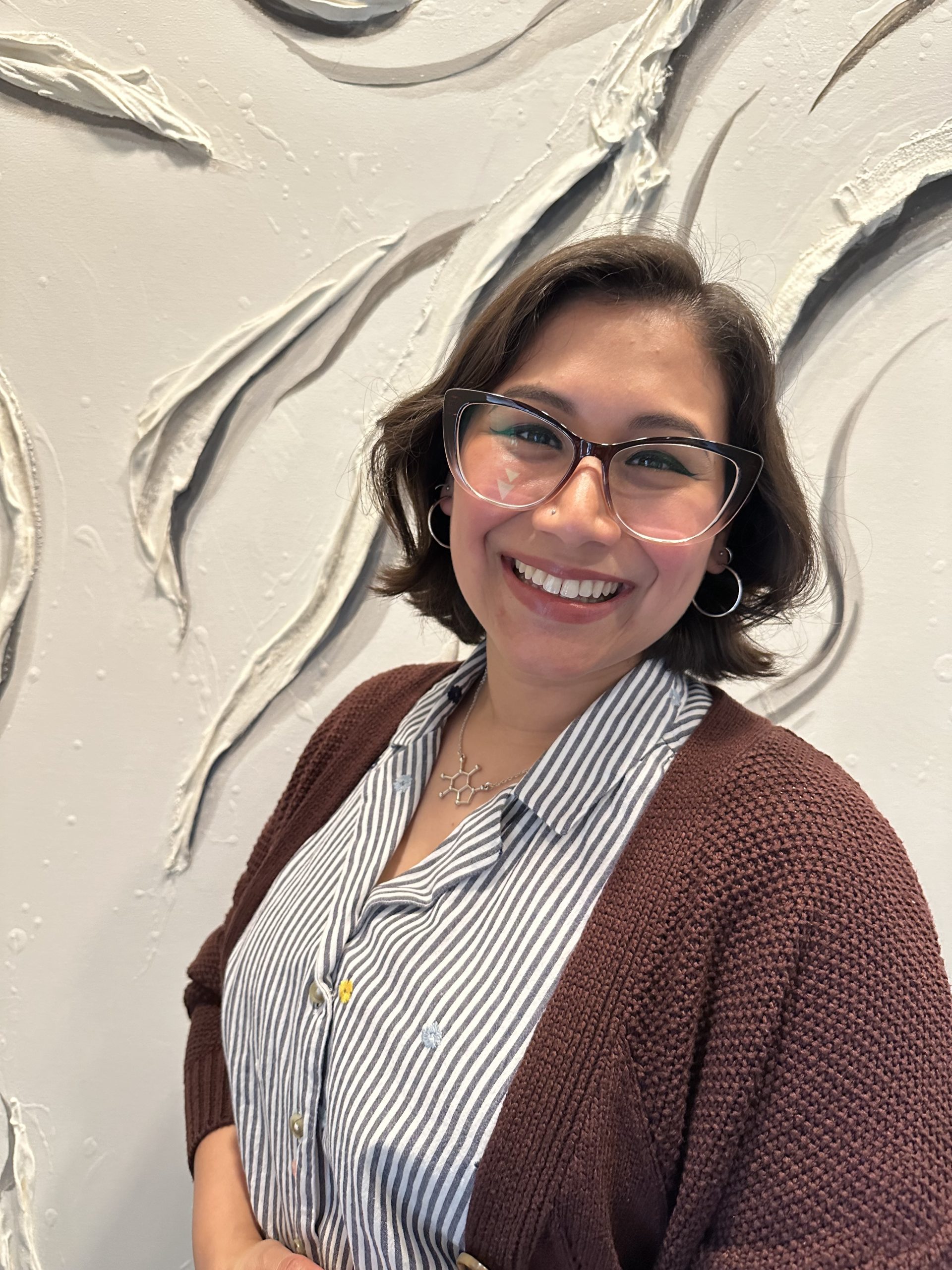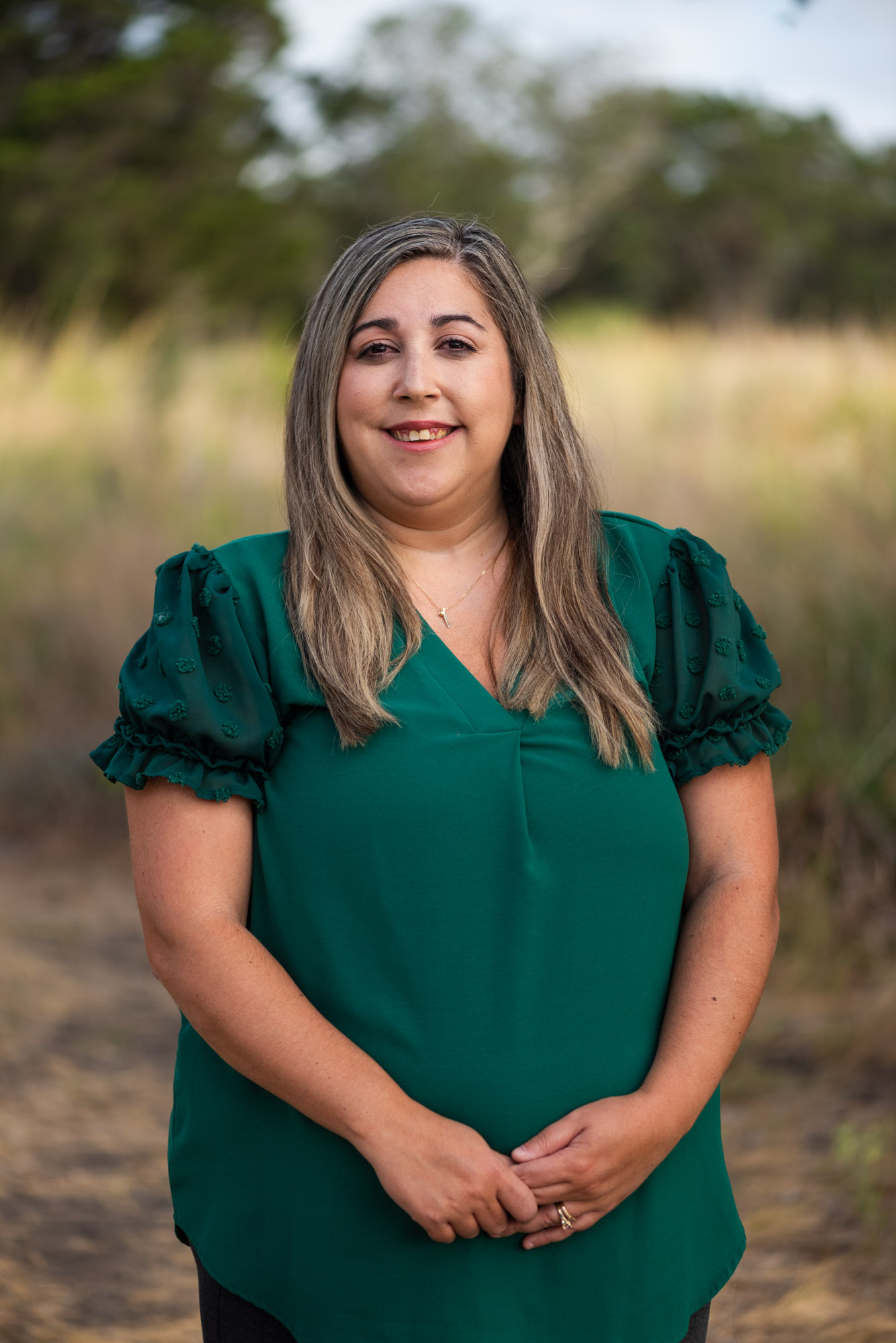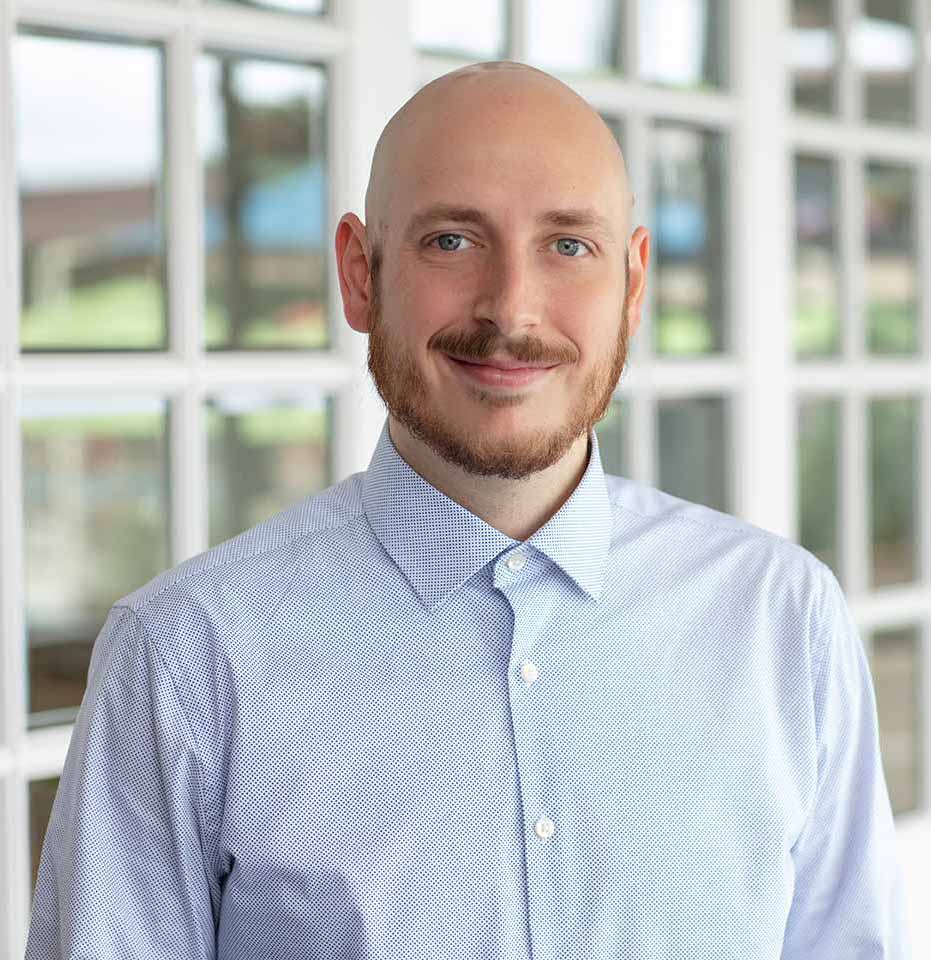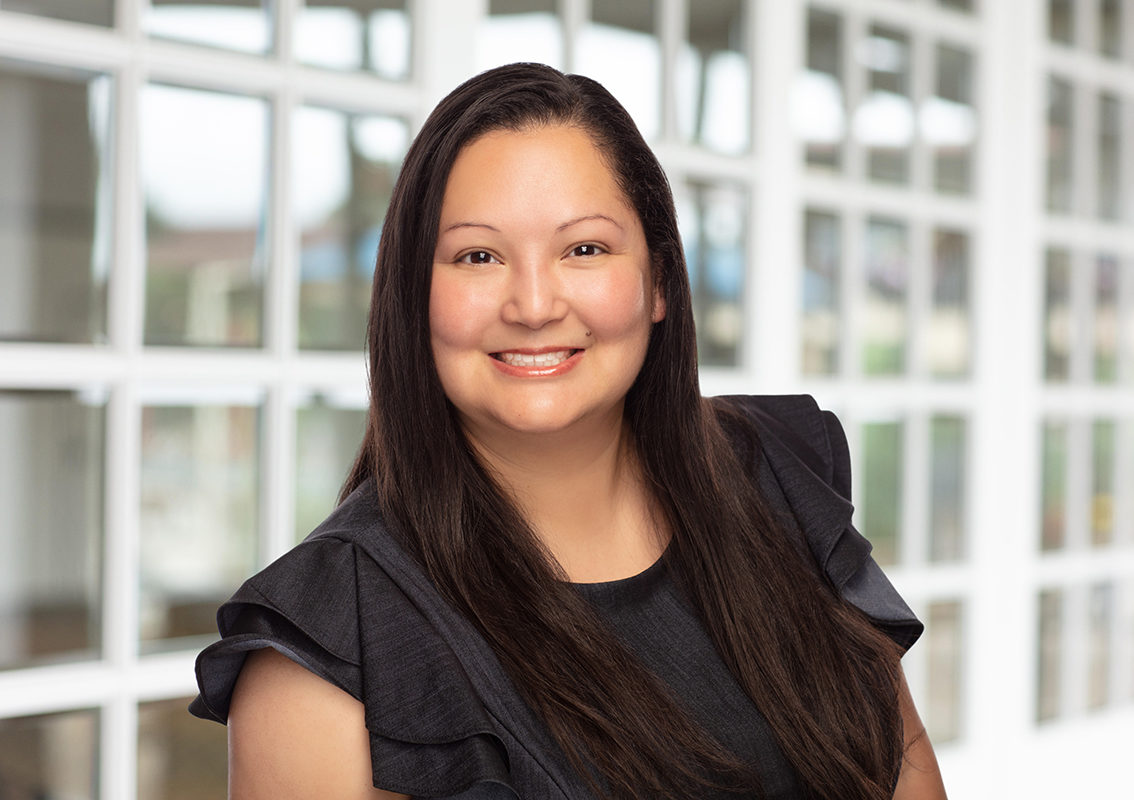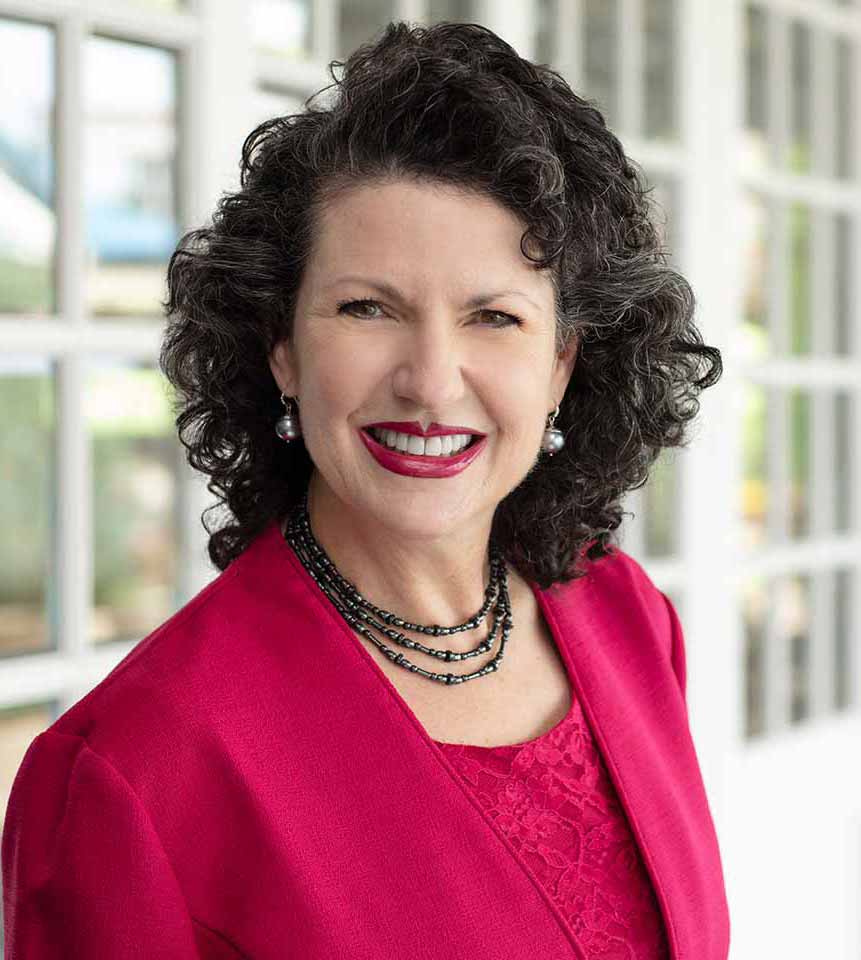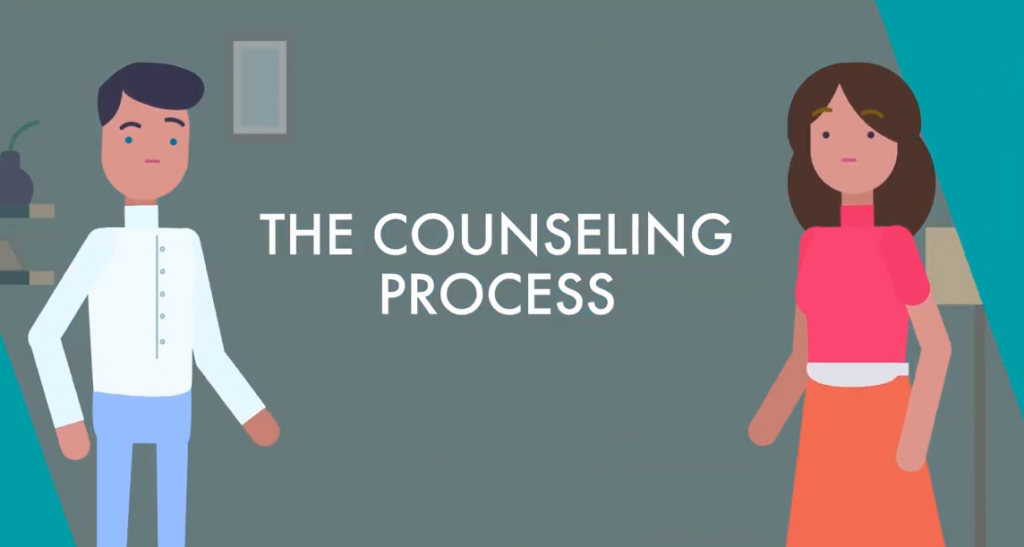
Individual Counseling Sessions For Your Needs
Our individual counseling covers a wide range of therapeutic modalities. Whether you grapple with anxiety, a mood disorder or another mental health concern, our skilled counselors are here to walk you through the obstacles, difficulties and triumphs of the therapeutic process. Our goal is to give you the best care possible.
- Meet The Team – Our Therapists
- What To Expect At Your First Therapy Session
- Why You Should Seek Individual Counseling
- How Strength-Based Counseling Works
- Healing Past Emotional Wounds
We believe that mental health shouldn’t come with a high price tag. That’s why our treatment team is prepared to work with you and your budget to ensure the highest quality of care. We also work with most major insurance plans.
From children to adults, everyone deserves professional mental health care that’s reliable, accessible and affordable. At Taylor Counseling Group, our individualized care is designed to meet you where you’re at. When you work with one of our highly trained providers, they’ll create a treatment plan unique to you and your goals.
We have offices located in:
Austin | Dallas- Fort Worth | Houston | San Antonio | Waco

What to Expect at Your First Individual Therapy Session
Individual counseling is an amazing opportunity to receive personalized support as you navigate life’s challenges and times of growth. Your therapy sessions with one of our compassionate, skilled counselors can address a number of concerns and topics, such as depression, anger, anxiety, relationships, substance abuse, school or career and more.
If you’ve never participated in therapy before, you may be wondering what it’s like. How will you know if your counselor is the right fit?
Most initial therapy sessions are broken down into two parts.
1. Introductions
Your first individual therapy session is an opportunity for you to get to know one another. Just like any interpersonal relationship, therapy works best when there is personal connection and trust.
Introductions are a great opportunity to establish a rapport and create a foundation for communicating with your therapist. The most important thing you’ll learn from this introduction is whether you feel like your counselor is a good fit.
2. Establishing Needs
One of the most essential parts of this first therapy session is understanding why you’re seeking counseling. Be prepared for lots of questions, as the answers will help your therapist determine your individual needs and what you’d like to see addressed as you work together.
Your therapist will also want to know how you’ve managed your mental health in the past. Asking questions helps a clinician understand what works for you, what doesn’t work and how they can best help you meet your personal goals.
Read our article to learn more about preparing for your first therapy session.
Easily Schedule An Appointment Online
Book Online
Why You Should Seek Individual Counseling
How We Determine Therapy Goals, Frequency and Duration
The goal of your therapy sessions will be to talk through mental health concerns so you can grow, heal and move toward becoming a healthier, more productive you. Your individual counseling will be completely client-driven — you’ll work with your therapist to establish specific goals you wish to attain.
Most in-person and online therapy sessions last about an hour. However, the frequency and duration of your meetings depend on your individual needs, established goals and the progress you make with your counselor. Some concerns can be resolved quickly after just a few therapy sessions. Complex or chronic issues may require a long-term commitment as you work through obstacles with your therapist by your side.
Even after you achieve your goals, continued therapy can assist your overall mental health.
Read More About Goal Setting in Therapy

Strength-Based Counseling
Strength-based counseling is a type of positive psychology that focuses on your inner resourcefulness and strengths instead of your shortcomings or weaknesses. The idea is to cultivate a positive mindset, build on your best qualities, improve your grit, identify your strengths and challenge your worldview to be more positive. The process includes focusing on factors holding you back so you can grow, empowering you to be a change agent in your life.
Strength-based counseling can build self-esteem, which is helpful for individuals recovering from trauma or dealing with the symptoms of depression and anxiety.
How Strength-Based Counseling Works
We adjust your therapy sessions to your needs and goals. Some techniques used in strength-based treatment include:
- Finding strengths: Your therapist provides you with material that lists strengths and definitions, working through it with you to identify your strong points. This technique offers an excellent foundation.
- Looking for strength indicators: This technique is more open-ended. You are asked a series of questions in an unstructured manner to help you self-identify strengths beyond the provided list.
- Reframing: Your therapist guides you to reframe weaknesses or shortcomings into strengths. For example, instead of focusing on the fact that you don’t have many friends, you might focus on emphasizing your existing skills to make more friends with time.
- Journaling positive thoughts: You use your journal to keep track of your strengths and practice identifying them, which you can share with your therapist. Journaling helps you be more mindful and shift your mindset to more positivity.

Healing Past Wounds
Wound healing is often associated with physical healing, like repairing a broken bone. However, you also get emotional wounds caused by trauma. You may experience painful feelings and memories that don’t go away. These hurts occur because, just like your body undergoes injuries and trauma, so does your mind, heart and spirit — which may stem from various situations. You may know what caused your past wounds or feel the need to go to therapy because you’re unsure.
Some examples of what causes emotional wounds include:
- The death of a loved one
- Surviving neglect or abuse
- A breakup or divorce
- Sudden financial hardship or property loss
- Rejection
Therapy will help you identify emotional wounds and equip you with the tools to heal from them. Some techniques to help you recover from past wounds include:
- Recognizing and acknowledging the wound
- Practicing mindfulness and self-awareness of what you are experiencing
- Prioritizing self-care and compassion
- Practicing patience with yourself and the process
- Taking small steps in processing trauma
Read about Healing Childhood Trauma as an Adult →
Find Professional, Affordable Individual Therapy Near You at Taylor Counseling Group
If you are struggling and need care, turn to the trusted team at Taylor Counseling Group. Schedule your appointment online at one of our Central Texas locations.
Related Resources & Articles:
- How to Prepare for Your First Therapy Session
- Goal Setting in Therapy
- How To Choose The Right Counselor For You
- When Is It Time To Ask For Help?
- Counseling Specialties
- Our Locations
- Therapists













